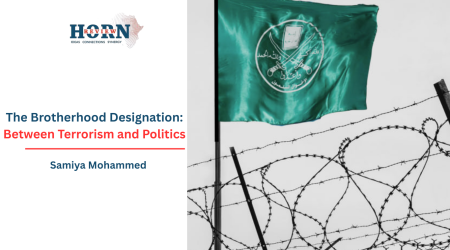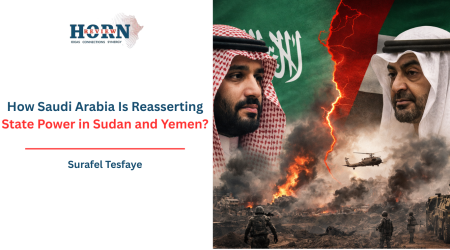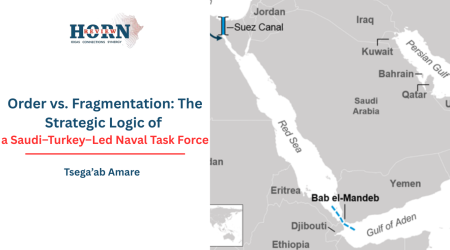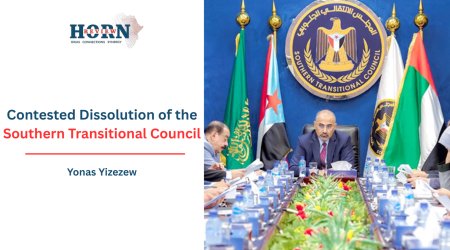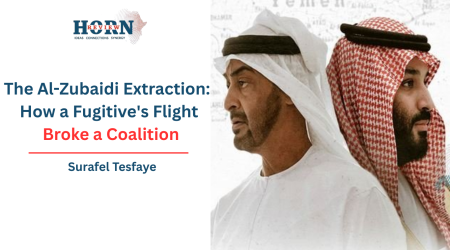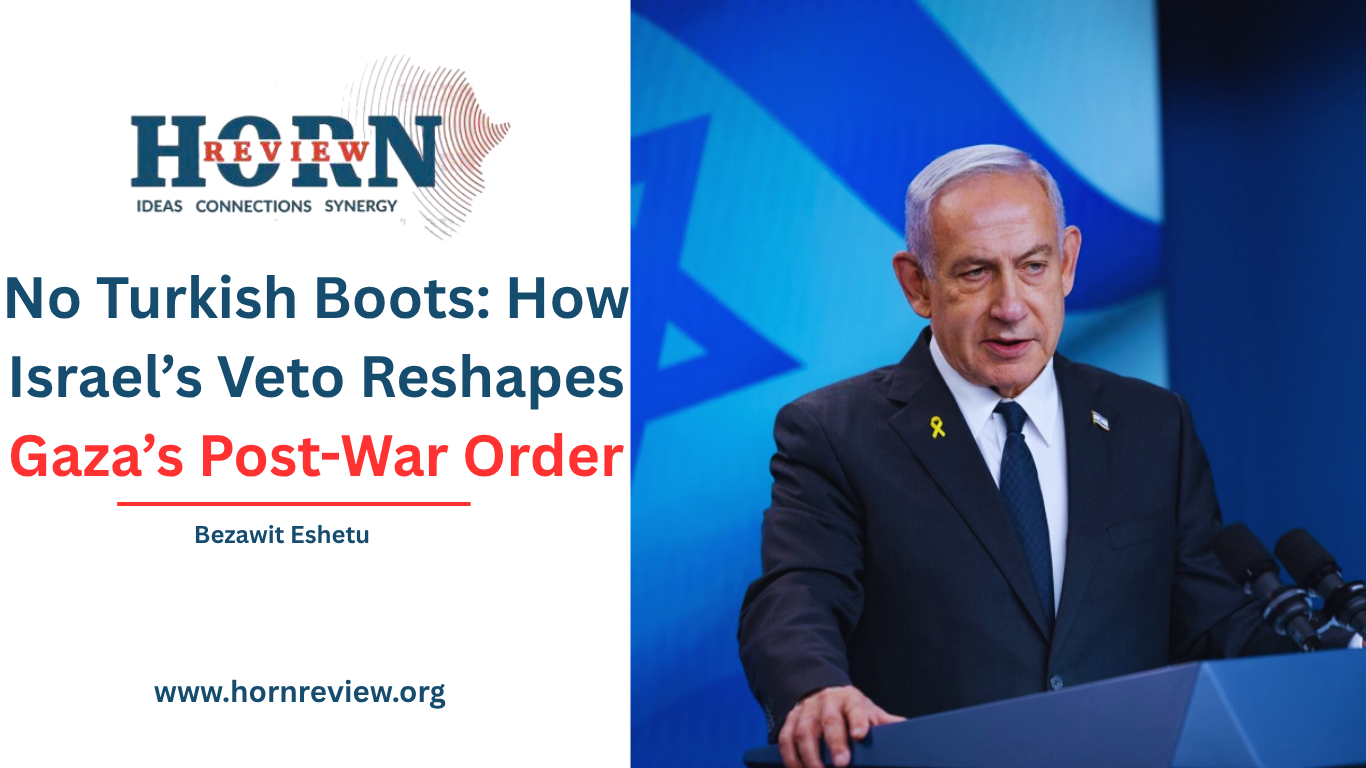
20
Nov
No Turkish Boots: How Israel’s Veto Reshapes Gaza’s Post-War Order
When Israel’s spokespeople declared in early November 2025 that “there will be no Turkish boots on the ground,” they did more than reject a single state’s offer to help stabilize Gaza: they set a public boundary that now conditions the architecture of any international presence and reorders the bargaining space among capitals. The formulation, repeated by senior Israeli officials and carried widely in regional and international press, reads as a categorical exclusion rather than a negotiable preference; that degree of clarity simplifies some diplomatic calculations.
That declaratory posture must be read against a layered history of cooperation and rupture between Ankara and Jerusalem. Turkey recognized Israel in 1949 and, across the late 20th century, cultivated significant military-to-military contacts, intelligence links and economic exchange; those pragmatic ties survived and recovered episodically even as political ruptures, notably the Davos spat and the Mavi Marmara episode, left durable scars on bilateral trust. Periodic rapprochements, such as the 2016 normalization understandings and later energy and diplomatic contacts, reveal a relationship that oscillates between transactional accommodation and emotive confrontation. Those oscillations explain why neither party treats the other’s commitments as fu lly reliable: memory of past slights, and capacity for independent action, both feed risk calculations today.
Ankara’s push to be included in Gaza-related stabilization concepts rests on a confluence of domestic politics, regional posture and tangible capabilities. Domestically, a visible role in Palestinian matters is a source of political capital for Turkish leadership; regionally, involvement is consistent with an aspiration to be an active Sunni-majority power with reach into former Ottoman spaces; operationally, Turkey offers expeditionary experience, logistic capacity and growing indigenous defense industries that have been demonstrated in neighborhoods of crisis such as Syria and Libya. These features explain why Turkey frames itself as a potentially useful contributor rather than merely a sympathetic external voice.
Those same attributes are the grounds on which Israeli decision-makers justify categorical exclusion. From the Israeli vantage, Turkish presence on the ground risks constraining kinetic flexibility, introducing actors with political sympathies toward some Palestinian factions into frontline decision-making, and eventually solidifying a foreign footprint in proximate territory. The memory of Turkish expeditionary behavior, its willingness to deploy forces, advisers and proxies in Libya and to conduct cross-border operations in Syria, feeds the fear that a temporary mission could morph into a strategic lever that Ankara would exploit. Israeli officials have couched their objections in operational terms, arguing impartiality and command relationships are prerequisites for any troop contributor; rhetorically, those operational claims are buttressed by long-standing political mistrust.
The diplomatic arithmetic this produces is both straightforward and treacherous: a powerful Israeli veto on participant composition narrows the roster of states whose involvement is acceptable to both Jerusalem and influential Arab partners, and therefore reshapes coalition design into a negotiation driven by Israeli constraints. That narrowing elevates the relative bargaining power of contiguous or closely aligned states, notably Egypt and normalization partners in the Gulf who prize arrangements that do not empower actors sympathetic to Islamist movements. It also places Washington in a difficult mediating position: U.S. architects of a multinational scheme must reconcile NATO ties with Turkey, deep security ties with Israel, and the financial and political imperatives of Gulf and Egyptian interlocutors. The result is a coalition-formation problem in which diplomatic patience and political balancing are as important as military capacity.
The legitimacy dimension complicates this calculus in ways that are often underplayed in capital-to-capital diplomacy. Polling and public-opinion instruments going back years show relatively high Palestinian favorability toward Turkey compared with many Arab governments; that reservoir of legitimacy is politically salient in Gaza and the West Bank, where outside contingents gain or lose operational traction depending on perceived closeness to local priorities. Forces lacking local acceptance risk friction in intelligence-sharing, limits on civilian collaboration, and broader social resistance; conversely, forces that can draw on elements of local legitimacy face lower barriers to sustaining reconstruction, administration and policing tasks. The juxtaposition of Israeli operational nonacceptance and Palestinian preference for Turkish engagement therefore produces a core legitimacy gap that any stabilization arrangement must confront, even if it does so imperfectly.
Contending narratives about causality and motive animate how each regional actor interprets the exclusion. For Egypt, a favored nucleus for a stabilization architecture, Turkish exclusion aligns with Cairo’s border-security imperative and its domestic posture toward Islamist networks; for Gulf normalization partners, excluding Turkey reduces the risk of empowering a political actor who can mobilize dissent at home or abroad. For Ankara, exclusion is read through the lens of rivalry and reputational politics: being frozen out of the Gaza architecture simultaneously deprives Turkey of both operational influence and the domestic payoff of appearing as a visible patron of Palestinian interests. These competing narratives do not merely reflect rhetoric; they shape calculations over finance, logistics, diplomatic cover and the informal channels through which contingency planning progresses.
Recent international moves complicate — but do not erase — the central dilemma. By mid-November 2025, major international forums had advanced concepts for a UN-backed or internationally authorized stabilization presence in Gaza: a mandate, if adopted, creates a legal and political framework for contribution and oversight, yet it does not by itself resolve the question of which national contingents will be acceptable on the ground. The legal authorization therefore sits alongside persistent contestation over membership: a UN imprimatur clarifies rules and offers institutional monitors, but the politics of participant selection remains the decisive constraint, because national capitals must choose whether to risk bilateral ruptures by joining a force shaped by Israeli exclusions or to opt out and cede operational influence.
Operational history and capability footprints matter, Turkey’s demonstrated capacity to deploy advisers, send materiel and support proxies in Libya and to conduct multiple cross-border operations into Syria are concrete precedents that inform threat assessments; they also provide the factual basis for Israeli skepticism about the long-term implications of a Turkish deployment near its frontier. Equally concrete is Turkey’s experience in maritime logistics and disaster relief. These capabilities that Ankara emphasizes when proposing non-combat or humanitarian roles, and which resonate differently with stakeholders depending on whether they interpret such roles as benign or as footholds for deeper influence. These operational facts are not abstract; they feed specific calculations about rules of engagement, command arrangements and the architecture of oversight that any stabilization concept must reckon with.
Whatever path coalition architects imagine, the exclusion of Turkey has strategic externalities that extend beyond immediate force composition. Prolonged exclusion incentivizes Ankara to seek alternative influence channels, such as intensified diplomatic and humanitarian engagement via third-party partners, deeper ties with sympathetic non-state networks, or intensified outreach in international forums. These moves that reconfigure regional alignments in ways that can be diffuse, asymmetric and harder to track than a conventional troop deployment. Simultaneously, the consolidation of an anti-Islamist coordination among certain states risks making the regional environment less hospitable to inclusive governance outcomes in Gaza, because it reduces the number of politically plural actors at the table and heightens perceptions of zero-sum competition over Palestinian political trajectories.
The tension that produces today’s headline that is a categorical Israeli exclusion of Turkish troops, therefore sits at the intersection of four durable dynamics: memories of bilateral ruptures that erode trust; the material realities of Turkish military and logistical reach; the asymmetric distribution of regional preferences that favor Egypt and some Gulf states; and the popular legitimacy Erdogan’s Turkey still commands among many Palestinians. Each dynamic pull in a different direction, and the result is an operational impasse that more than rhetorical: it exposes how political symbolism, operational capability and public sentiment interact to make simple, rapid fixes elusive. The facts on the ground and in the archives are clear; the pathways forward remain contested, and contested in ways that are consequential for both immediate stabilization prospects and longer-run regional alignments.
By Bezawit Eshetu, Researcher, Horn Review


